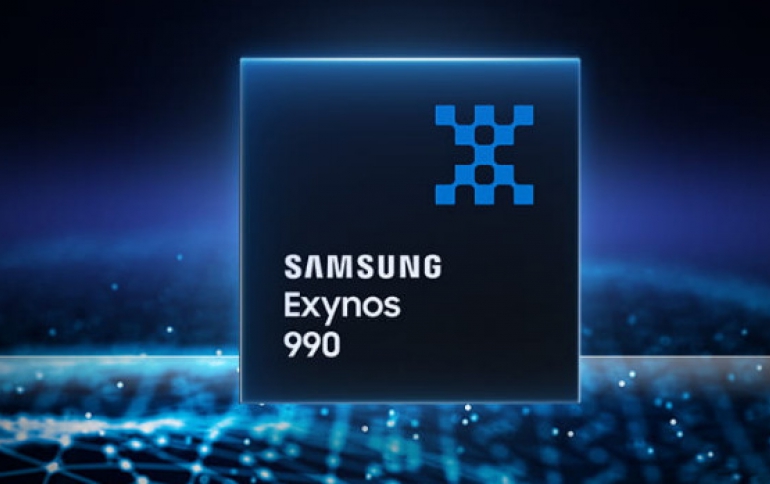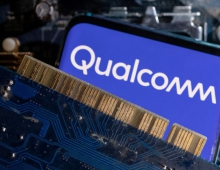
Samsung Plans to Keep Using Both Qualcomm and Exynos SoCs in its Smartphones
Samsung Electronics will continue its current multivendor strategy when it comes to the processors the company uses in its smartphones.
Currently, depending on where they buy their Samsung phones, users might end up owning the same Galaxy model smartphone but with different chips under their hoods. Users get either Samsung’s Exynos or Qualcomm’s Snapdragon chipset.
For example, in the case of the Galaxy 20 series, Samsung equipped phones bound for Europe with its in-house Exynos 990 chips, while adopting Snapdragon 865 for the other markets, including the US and Korea.
This strategy will continue, a Samsung executive told the Korea Herald.
“For upcoming models, it isn’t yet known whether the company would adopt Snapdragon for the European market,” said a Samsung official. “The company will stick to the current multivendor strategy.”
Meanwhile, smartphone enthusiasts in Europe have voiced disappointment for years, because their Samsung phones run on Exynos, not Snapdragon.
A Samsung phone user has even started a petition to Samsung on Change.org, a global petition platform, urging the company to stop selling flagship phones with Exynos.
The reason? Phones with Exynos SoC chips are said to perform slower, have less battery life, use inferior camera sensors and processing, overheat and throttle faster, amongst other issues.
More than 43,000 people around the world have already signed the petition.
“At the very least, we would appreciate if Samsung were transparent about their inconsistencies. Alternatively, for Samsung to ensure we weren’t paying the exact same price or even higher than our US friends,” the petition said.
These claims have also been reported by various tech reviewers, who have compared the two mobile chipsets in terms of battery life, refresh rate, download speed, camera sensor and other factors.
It is true that Samsung declines to explain why the company sells Exynos-powered phones in Europe.
In case of the U.S. market, a reason could be obvious:
the largest mobile carriers in the country, such as Verizon and Sprint, use the CDMA (Code-Division Multiple Access) standard. Qualcomm has an effective monopoly on the CDMA standard so Samsung is forced to use the Snapdragon chipset for smartphones released in the country. In markets that use the GSM (Global System for Mobile Communications) standard, Samsung can make more money by using its own Exynos instead of paying Qualcomm.
Meanwhile, Samsung could further increase the number of smartphones equipped with its own Exynos chipsets, in case COVID-19 has an impact on Qualcomm's time plan for the release of an upgraded version of Snapdragon, slated for the second half of the year.
Samsung’s system-on-chip business unit is also said to be working on an upgraded version of the Exynos 990, which could be called the Exynos 992.





















